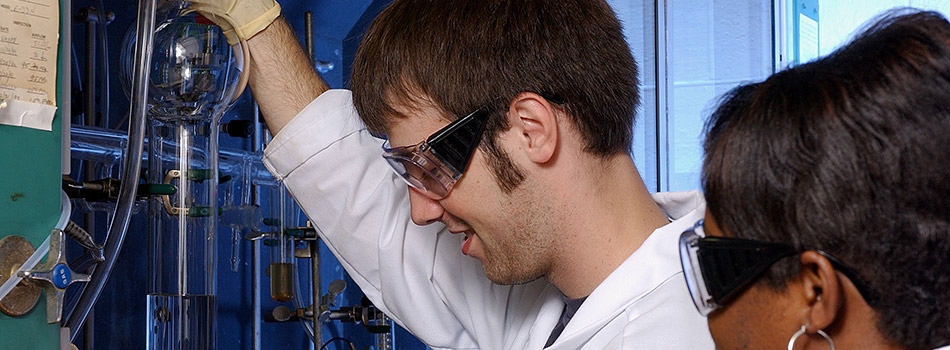
Doctoral students, including those who are funded by a covered NSF or NIH project, must successfully complete either PHIL 6000, or an in-house RCR course for doctoral students listed below. Master's students are permitted to enroll in PHIL 6000, but they must obtain permission from the relevant graduate program in order to take its RCR course for doctoral students.
The following programs have an approved in-house RCR course for their doctoral students (these courses replace the need to take PHIL 6000):
- Biological Sciences – BIOL 8106: Tools of Science
- Biomedical Engineering – BMED 7004: Teaching & Research Practicum I (effective Fall 2015)
- Building Construction – BC 8100: Research Methodology
- Chemical & Biomolecular Engineering – ChBE 6001: Introduction to Research and ChBE 6003: Chemical Process Safety (both courses are required)
- Chemistry – CHEM 8002: Information Resources for Chemists and Biochemists
- Civil and Environmental Engineering – CEE 8097: Introduction to Transportation Research
- Computational Science and Engineering – CSE 6001: Introduction to the Ph.D.
- Computing – CS 7001: Introduction to Graduate Studies (effective Fall 2013)
- Earth and Atmospheric Sciences – EAS 6000: Introduction to Research and Responsible Conduct
- Mathematics – MATH 6001: Introduction to Graduate Math
- Physics – PHYS 8002: Seminar and Responsible Conduct of Research (effective Fall 2018)
- Psychology – PSYC 6000: Responsible Conduct of Research
- Public Policy – PUBP 8101 and PUBP 8102: Workshop on Public Policy Research (both courses are required)
Download the full list of courses, offered during prior semesters, that satisfy the in-person RCR training requirement for doctoral students.
A doctoral program that wants to create an "in-house" RCR course must submit a proposal to the Georgia Tech RCR Advisory Committee by the first working day in November of the current academic year in order for the proposal to be considered for the academic year that follows.